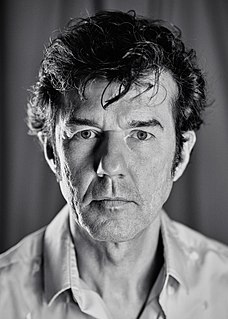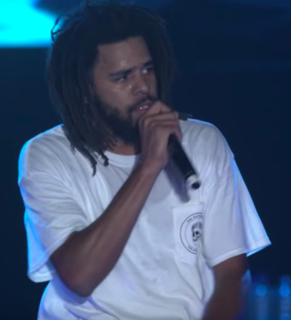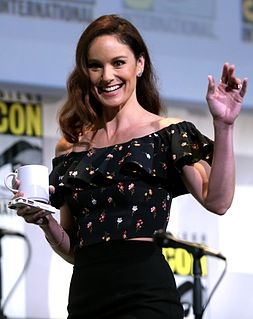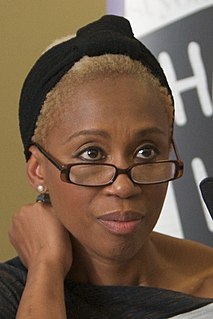A Quote by Jeph Loeb
I really do see everybody at Marvel Television as storytellers. They might have different titles, but whether they're actors or they're showrunners or they're somebody that answers the phone, all of them are storytellers.
Related Quotes
I just always liked the company. The people who hung around her were amazing storytellers, whether it was actors or crew. They were just exciting people. And I knew that they were different when I would go see a friend or stay at someone else's house. It just wasn't as cool. So I always loved the theater, and that's where I started: at a theater up in Canada.
Perhaps storytellers don't need to care as much about the future as executives and investors do. After all, isn't it possible that technology will enable storytellers to connect directly to their audience without the need for anyone to share the programming decisions or the profit in between? Don't bet on it.
There are some actors that are great stars and storytellers, but not necessarily good actors. I'm talking about some - not all - of the people you see in action flms or blockbusters. They're film stars, though not necessarily great actors. And there are those who are great actors, but not necessarily big film stars. Jim Sturgess is both. He's quite obviously a star, the audience likes him, he's a great storyteller and he turned out to be one of the greatest actors I've worked with as well.
What serialized cable dramas have given us is the opportunity to not simply tell the same story with slightly different words and different costumes, every week. people are really mining the ability of storytellers to tell a long form story that goes from A to Z, and to trust that an audience will follow that. If they miss it, over the course of the week, they can watch it online or buy the DVD. There are so many different ways of interacting with it. Storytelling in television is getting more complex and more nuanced.
Story is morally neutral. It can express profound truth or propaganda. The two greatest political storytellers of the 20th Century were Winston Churchill and Adolph Hitler. Because storytelling is a form of persuasive jujitsu, and because world is full of black belt storytellers, the corporate leader has to train both his offensive and defensive moves




































